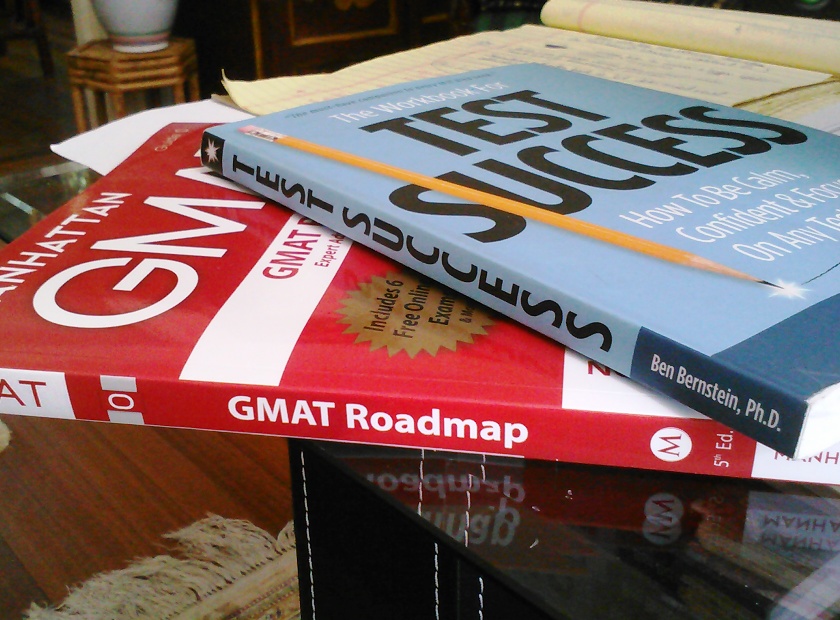HBS Admissions Director Discusses the 2013 Application
Harvard Business School likes to be innovative, and that filters down into the admissions office. This time, the admissions board has taken away formal essays, letting the candidate fill in he or she thinks is missing. Dee Leopold, the long-time head of HBS admissions has been outspoken about the admissions process and about the changes.
I’ve been following her utterances for years and always find her quotable. Throughout, she hasn’t changed her philosophy of admissions, as can be seen from comments she made in years past, as can be seen in her remarks here, here, here and here.
A few weeks ago she discussed Harvard’s upcoming MBA admissions process for the season 2013-2014 in her kickoff Q&A webinar, offering a few suggestions and side comments worth noting. Note that although some of these themes are repeats, that simply means they are still critical criteria for HBS admissions.
HBS Looks for A Habit of Leadership
Harvard takes pains to embrace all kinds of leadership, from someone who was always president of the student government, to the loudest voice in the room, to someone who diplomatically who brings team members together, or a influences the course of a discussion by being a quirky thought leader. Leadership comes in many “flavors and varieties” says the admissions director, and they are looking for the kind of person “to whom others turn.”
HBS Wants You to Like the Numbers
Some have said that because Harvard relies on the case method that it’s all about “air time” in class. But the cases are numbers-driven. Believe me, all of us Harvard Business School graduates have worked on cases with dozens of pages of exhibits of financials, cash flows, or regression analyses. As Dee Leopold states emphatically, HBS is not “a leadership salon where people sit around and talk about ‘If I ruled the world’ in vague and ephemeral terms. It’s data-driven leadership.”
Like Most Business Schools, they Look at Your GMAT or GRE Sub-scores
So here’s the money quote: “If there is a notable weakness in one component, it might be offset by other evidence in the transcript.” My translation: if you have weak quant but straight A’s in STEM courses, then they may give you a pass. But if you have a weak quant score (less than 75-80% percentile) and nothing to counteract it, take the test again.
The “Essay” is Optional. Sort of.
Yes, the application states that the essay is optional, implying, “What else would you like us to know as we consider your candidacy?” But in a school that grades on class participation, who wouldn’t like to talk more about themselves, given the chance. The admissions director’s comment? : “I do not know how many people will choose to say “No, you know everything. I can imagine for some candidates that might be a legitimate response. But we will see…we are looking on many levels for this to be a judgment call.”
Reapplicants Can Apply Any Round
I consider this a new twist. Usually admissions professionals want to see that the student has changed or grown or improved in some way since the previous application. Rather, HBS’s admissions director says, “I don’t think that a reapplicant has to demonstrate a truly dramatic change in a particular element…there is very likely not a specific reason why you were denied the first reason, so trying to self-diagnose imaginary issues may not be fruitful.”
It sounds to me that there’s no harm in reapplying to simply take advantage of the change in the candidate pool.
Criteria for 2+2 Candidates: A High Hurdle for Academics
In the case of 2+2, “we are looking for people who have done well academically. If you’re applying from the real world with X number of years of doing absolutely top-rate professional work in an analytic field, that can very easily be more compelling for us and offset some problems you might have had in undergraduate coursework.”
Going Forward
These outreach webinars will be held weekly throughout the summer. Meanwhile, the HBS admissions committee will go on the road and present world-wide. There’s a tremendous amount to learn from the people who have to market their program and give you enough information so you can put in a substantive application. Take seriously what real admissions people say, and believe them far more than alumni, who, in the case of Harvard, have zero input into the admissions process.
For more insight, straight from the Director of HBS Admissions, take a look at Dee Leopold’s blog.
What’s next? The recommendation process.




